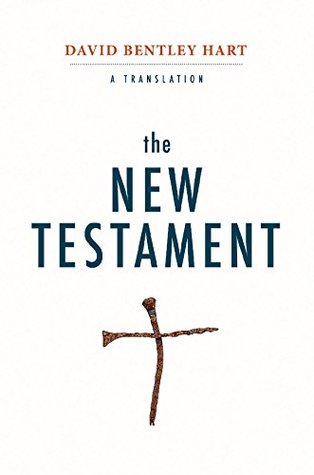Therein lies the perennial appeal of the venerable early modern theological fantasy that the Apostle Paul inveighed against something called “works-righteousness” in favor of a purely extrinsic “justification” by grace—which, alas, he did not. He rejected only the notion that one might be “shown righteous” by “works” of the Mosaic Law—that is, ritual “observances” like circumcision or keeping kosher—but he also quite clearly insisted, as did Christ, that all will be judged in the end according to their deeds (Romans 2:1–16 and 4:10–12; 1 Corinthians 3:12–15; 2 Corinthians 5:10; Philippians
...more
Welcome back. Just a moment while we sign you in to your Goodreads account.


